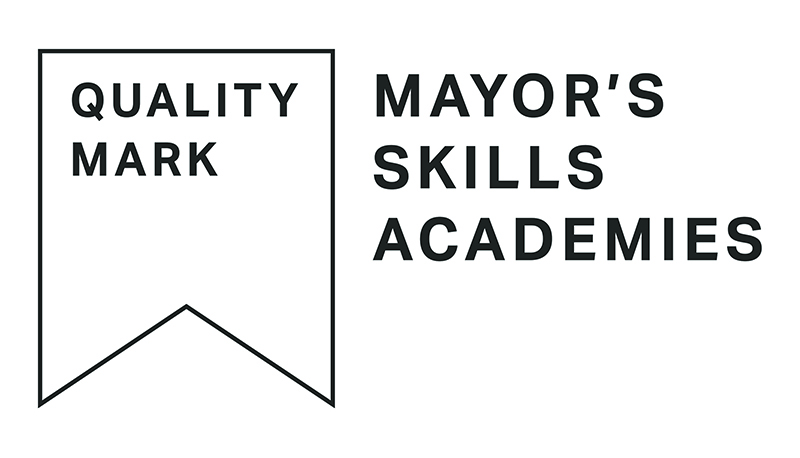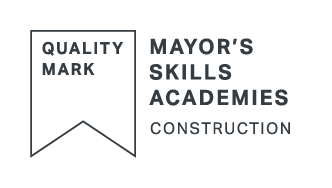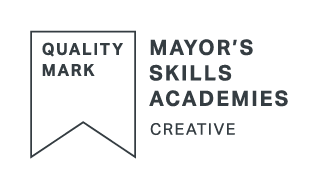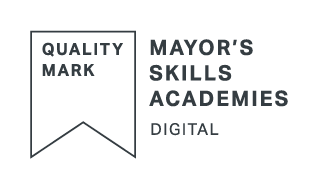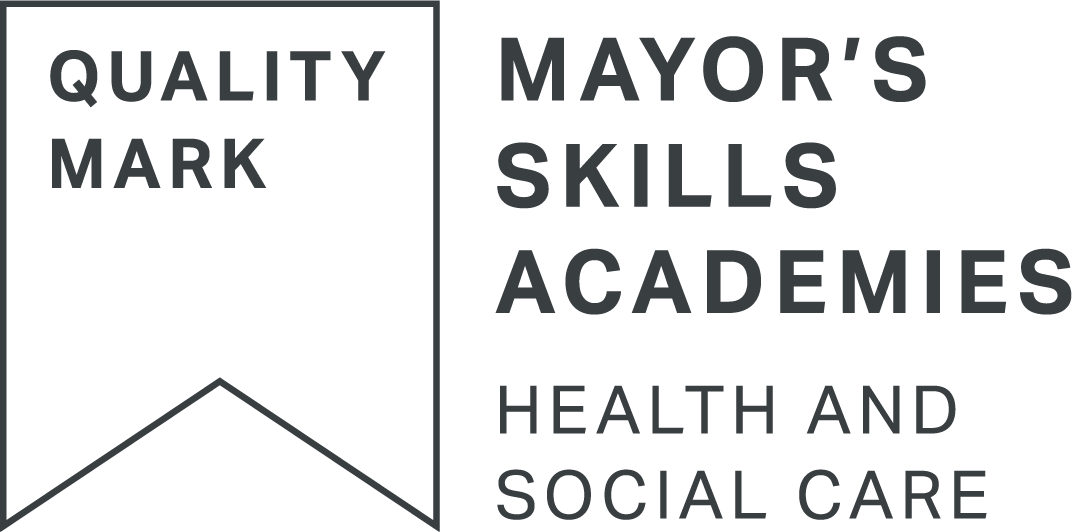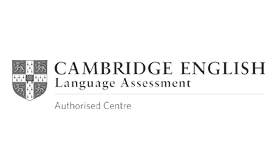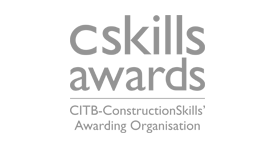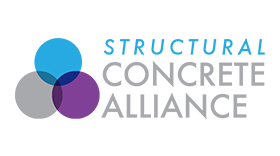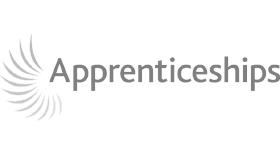Completing Year 11 is a significant milestone in a student’s academic journey. It marks the end of secondary school and opens a world of possibilities. As students stand at the crossroads of their future, there are numerous avenues they can explore. From A Levels to Apprenticeships and T Levels to starting your career, the opportunities are endless.
Sixth Form
A Levels are two-year subject-based qualifications for students aged 16 or older who plan to go to university or want a much deeper knowledge of a study area. A Levels are often provided by schools with sixth forms, dedicated sixth form colleges and further education colleges. Subjects range from History, English and Art to Media, Sport, Business and many more!
Study A Levels at our Attlee A Level Academy or Havering Sixth Form Campus — explore our wide range of subjects here.
Apprenticeships
Apprenticeships are a brilliant option for people of all ages to launch their careers in a huge range of exciting industries or upskill at various levels. Commonly, individuals completing an apprenticeship usually spend four days per week on-the-job and one day at college building on the foundations of their knowledge. Did you know that with an apprenticeship, students earn while they learn meaning that they receive a free qualification whilst being paid?!
At New City College, we offer apprenticeships in a variety of sectors — view our current vacancies here.
T Levels
T Levels are the newest qualification to have been launched by the Government. They require students to spend 80% of the course in a learning environment, gaining the skills and learning the theory that employers need. The other 20% of their time is spent on an industry placement, where they get to put their skills into action. T Levels are equivalent to three A Levels and are geared towards those who know the career path they want to follow.
Learn more about our T Level courses here.
College
Further education colleges offer students a wide range of subjects in comparison to schools. Learners are expected to be responsible and take control of their own time, which can be perfect for those seeking more independence.
Most college courses are hands-on and can therefore help people decide whether a particular sector is right for them. Different levels of study are offered at colleges, so there is usually something to suit every learner.
Explore our vocational courses here.
Employment
Some students may feel ready to enter the world of employment immediately after Year 11. It is vital to recognise that full-time employment may be limited due to legal requirements and employers’ preferences. However, part-time jobs, internships and entry-level roles can provide valuable work experience, enhance skills and help students gain a better understanding of what industry they wish to go into.
Completing Year 11 marks an important crossroads for students, where they must decide on their next steps towards a successful future. Whether it’s continuing academic study in the form of A Levels, exploring vocational training such as BTECs or T Levels to focus on a particular industry, or securing an Apprenticeship to earn while they learn, there are diverse paths available.
It’s crucial for students to research their options by attending Open Days or Careers Fairs and seeking guidance from mentors, teachers and careers advisors. Once they have looked at all the options open to them they will be able to consider their long term goals and take their next steps.



